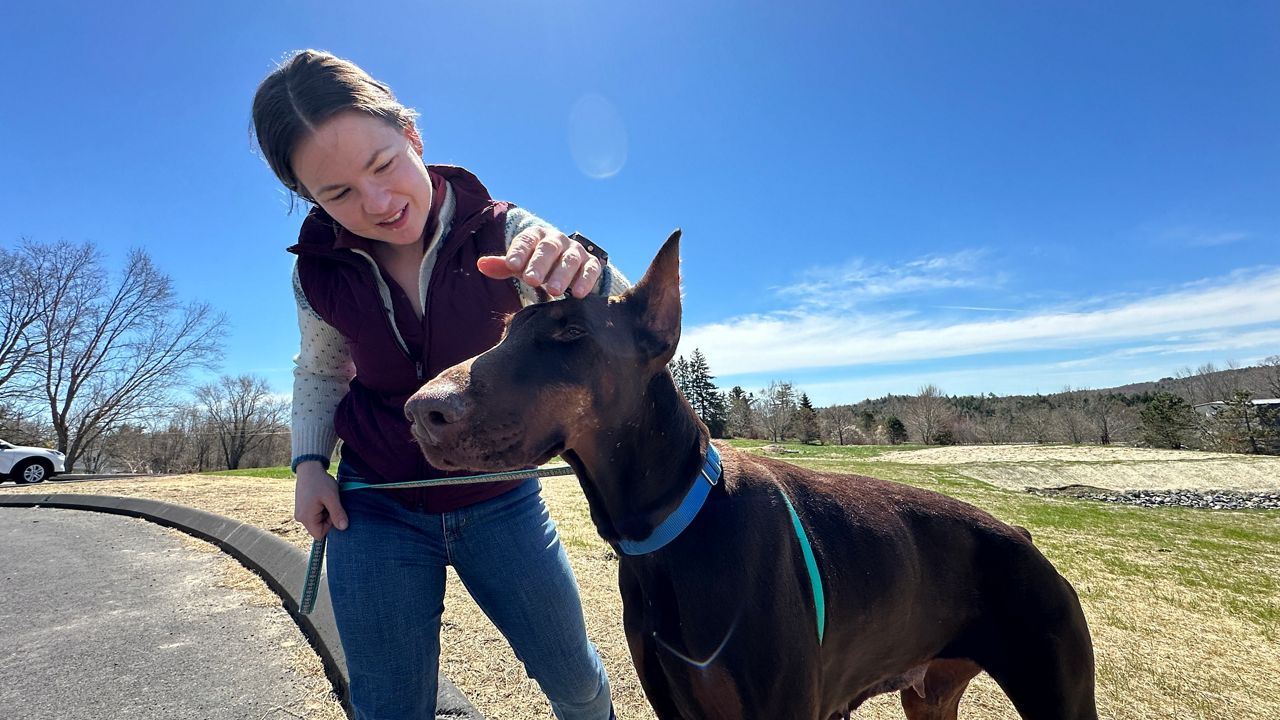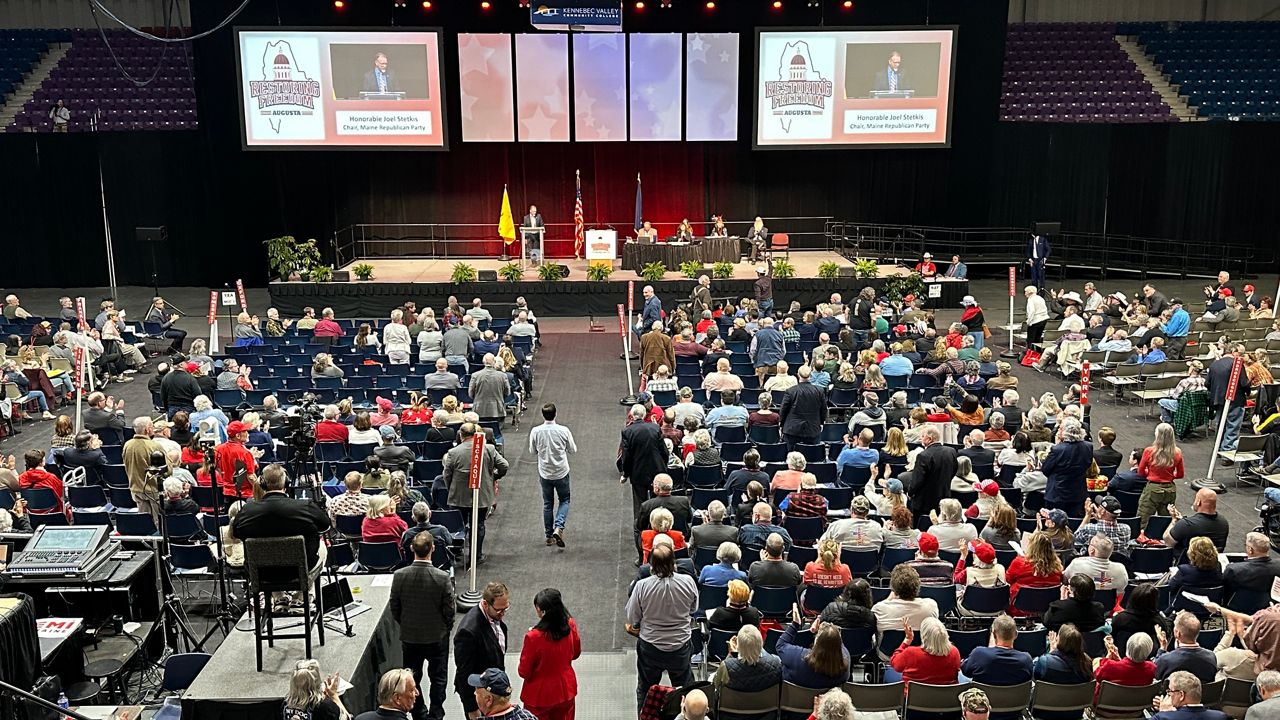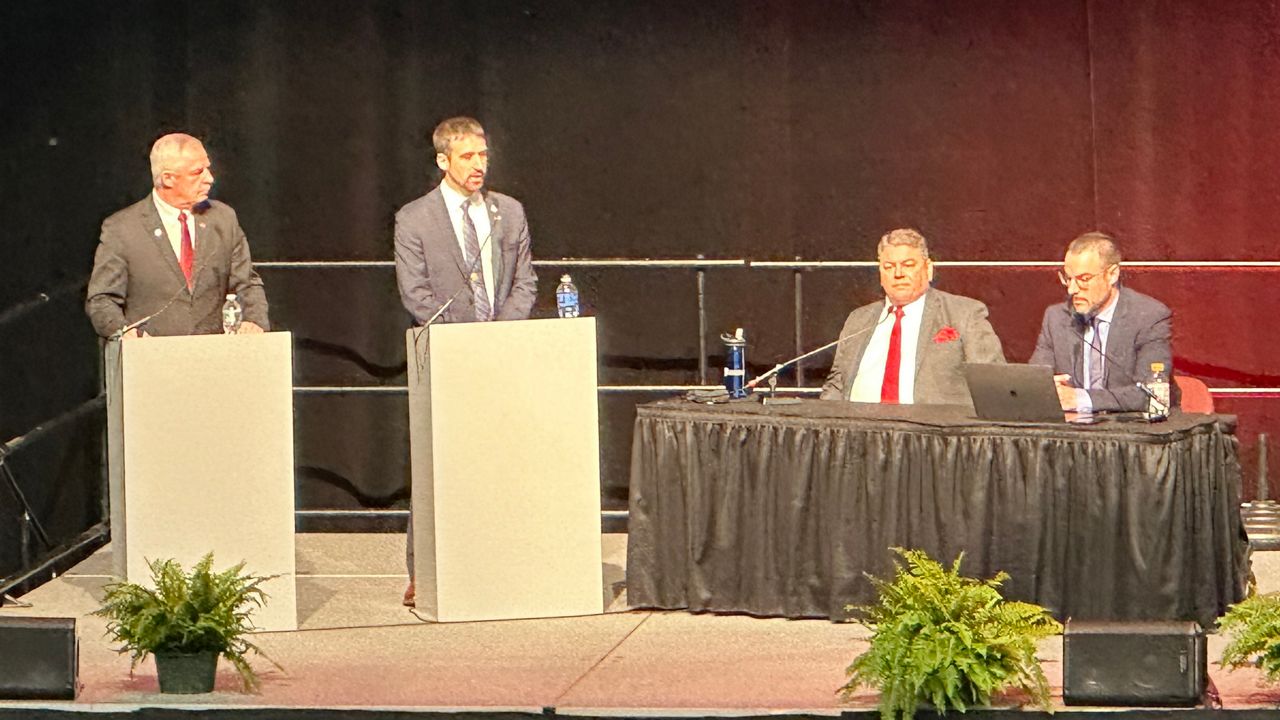The Portland City Council voted this week to pass a resolution to deprioritize criminal prosecution for personal use of psychedelic mushrooms, even as testimony before the council suggested it would change little as far as day-to-day activities by local police.
“Nobody can recall arresting anybody for any of these things that we’re talking about, ever,” Portland Police Chief Mark Dubois told the council at its meeting Monday, where he called it a “non-issue.”
The council passed the resolution by a vote of 6-3, citing councilor Mark Dion, Councilor Andrew Zarro and Mayor Kate Snyder as dissenters. In discussion, Corporation Counsel Michael Goldman clarified to the council what the resolution actually meant for the city going forward.
“What you’re voting on is a statement of the council’s opinion,” he said. “You’re not directing the city manager to do anything. You’re not directing the chief of police to do anything. It’s a statement of opinion of what the council wants to see in terms of priority of issuance of citations, arrests, prosecutions, those kinds of things.”
Councilor April Fournier, chair of the council’s Health & Human Services and Public Safety Committee, sponsored the measure, which she said emphasizes the medical benefits of using psychedelics.
“I truly believe in harm reduction and being able to figure out what is everyone’s path to wellness,” she said.
Fournier, who said she suffers from anxiety and uses plant-based medicines to treat it, said she hopes the declaration will send a positive message to other people who use similar plants for medicinal purposes.
“I think it should be up to the individual to really have the ability to consider that,” she said.
Dion said he understood the medical arguments, and noted how, even when he served as Cumberland County Sheriff, he backed the use of marijuana for medicinal purposes. He stressed that he strongly supported the use of psychedelics for legitimate medical purposes.
“Where we depart is where the decision should be made,” he said. “To me, when we advance something like this at the municipal level, we’ve left our lane. It belongs to the state legislature.”
Dion also suggested the term “deprioritization” will likely be misunderstood by most people, causing confusion.
“This difference of term – deprioritization vs. decriminalization – we think we know what that means. I can guarantee you, young people out in the community will say, ‘OK, they’ve legalized it. I’m all set in Portland!’ and they’re going to have adverse consequences because of that.”
Public comment on the resolution featured advocates from outside the city, and even outside of Maine, all calling for decriminalization of psychedelics. To a person, everyone who commented cited the potential medical benefits of decriminalization.
One of the local advocates, Salma Holden, is a Freeport resident and physician therapist at Riverbird Clinic, a Portland clinic that legally performs “psychedelic-assisted therapy.” She is also an associate professor at the University of New England’s College for Osteopathic Medicine. She said criminalizing psychedelics makes it harder for people to get legitimate medical treatment.
“While the evidence and effectiveness of these therapies increases, accessibility remains limited, and people are seeking this modality already through underground resources,” she said. “They’re addressing particularly challenging conditions that often arise from trauma. These people are seeking healing and are afraid to discuss openly their use of psilocybin or other plant-based psychedelics because they fear prosecution.”
Snyder, in her comments, noted she had heard from few if any local residents indicating this is an issue. She agreed with Dion’s concerns about confusion over what the resolution means, and voiced concern that the resolution could impact how the city manages its staff.
“I think what we’re doing is we’re directly saying, as your employer, city manager, we don’t think that’s important,” she said.





)



)